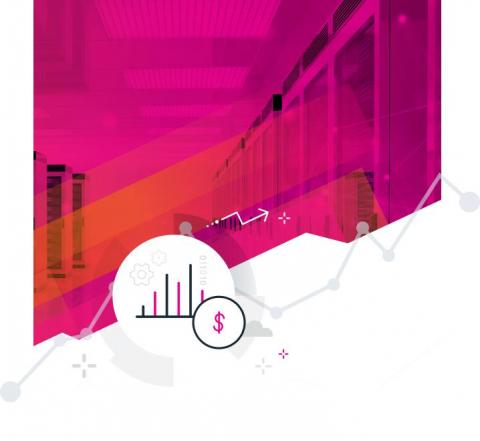Online Sales Are Up! Ensure Your E-Commerce Platform is Not Being Used for Fraud
Even with tough economic times, e-commerce is up 25% since the beginning of March. But, fraud has increased as well; according to Malwarebytes online credit card skimming has increased by 26% in March alone. In our April “Staff Picks for Splunk Security Reading” blog post, I referenced a story about an e-commerce site getting hacked with a “virtual card skimmer” (thanks Matthew Joseff for sharing this with me).





